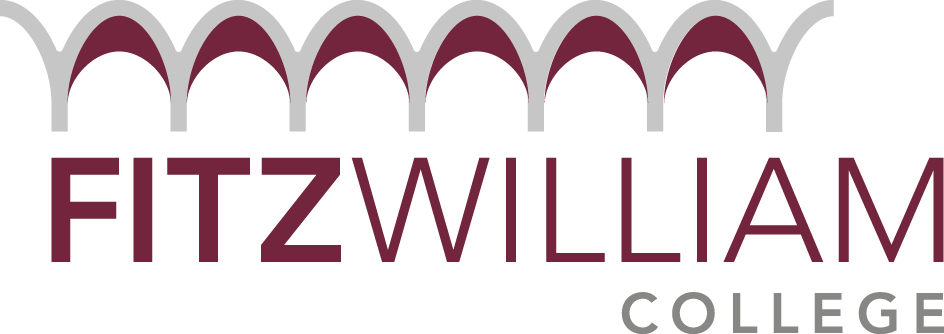The College Plan
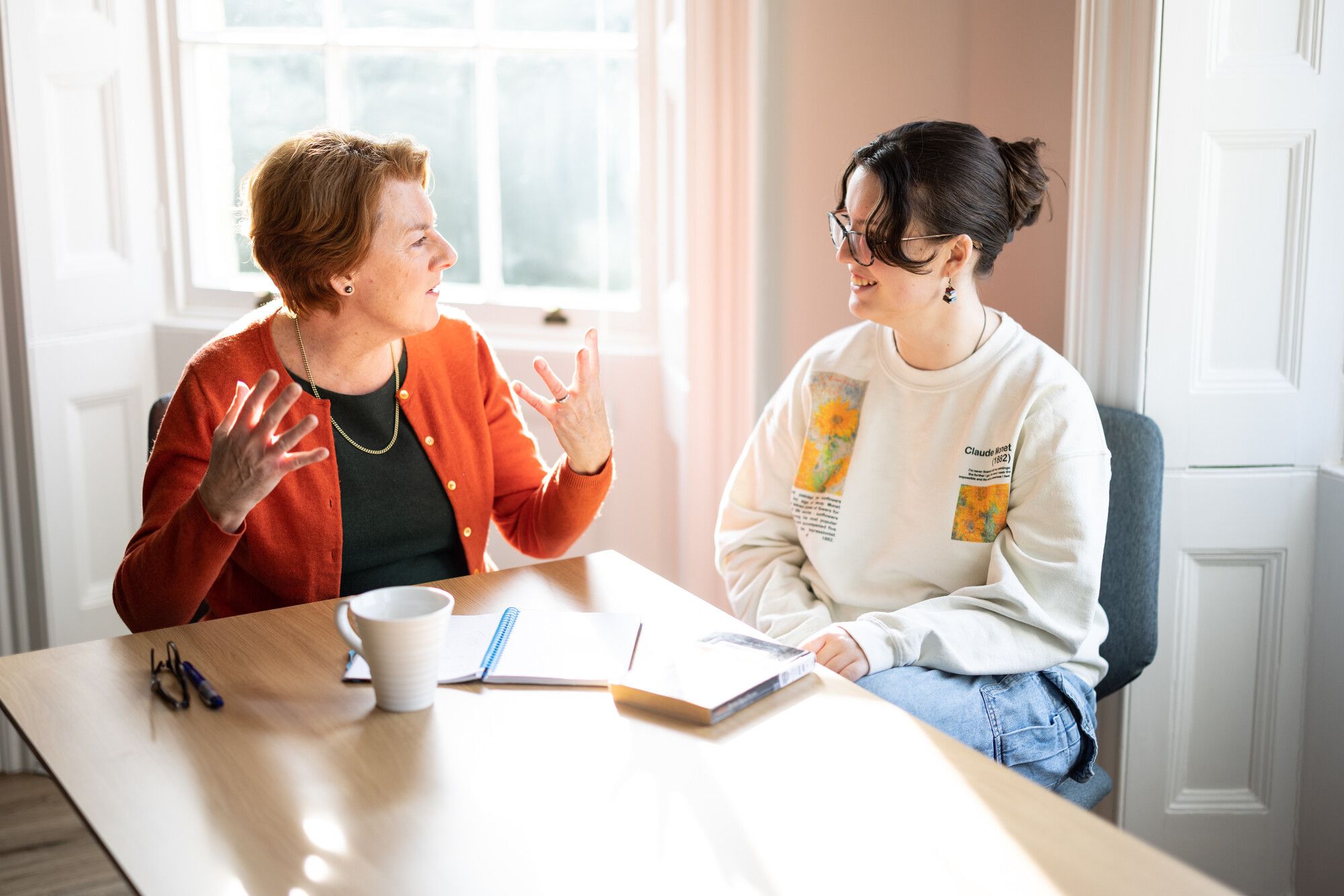
Our Values.
Community as our foundation
The founding ethos of Fitzwilliam was to offer opportunity to those left ‘outside’ the traditional structures of Collegiate Cambridge and we are proud of our history. Today we are proud to be a College in the University of Cambridge, but we retain and confidently assert our own identity.
Each new individual who joins our community enriches the whole community, not through assimilation, but through individuality. The community embraces and welcomes diversity in all aspects, including past academic achievement. Our work to nurture and develop a representative community will constantly evolve to identify and address those barriers present today, not just in terms of student access but also throughout the Fellowship and non-academic staff body.
From this foundation of community comes shared benefits and collective responsibilities: a guarantee of inclusion and space to be oneself; principles of fairness and mutual respect; and investment in academic excellence and achievement, personal and professional development, and physical and mental wellbeing.
Supporting excellence
Fitzwilliam’s core activity is to provide a world-class educational environment for our students and to be a meaningful space for open-minded academic discussion and collaboration.
We will work hard to identify those undergraduate and postgraduate students with the highest academic potential, and to support them through their application, their time at the College and into professional life thereafter. Alumni philanthropy will play a key role in supporting these activities: no student should be deterred from study through financial disadvantage.
Wellbeing is key to high academic achievement and the College has an important role to play in providing appropriate support in this regard, whether through the guidance of a Tutor or in the sensitive design of person-centric accommodation.
A college is a unique space for the sharing of ideas between students, academic staff, non-academic staff, alumni and the wider community. We will create opportunities to promote imaginative collaborations, share research and develop public engagement skills. We will reflect on the changing professional needs of our students, academics and early career researchers and identify how we can offer practical support. We will continue to play an active and engaged role in the governance and academic life of the University.
The professionalism and dedication of our non-academic staff is key to the successful academic mission of the College. We are motivated to achieve the highest standards in the operation of the college and in the investment into our infrastructure and estate – from the technology we use in our work, to the gardens we enjoy at our leisure. All employees of the College will be supported by fair wages and benefits and opportunities to participate in the intellectual life of the College.
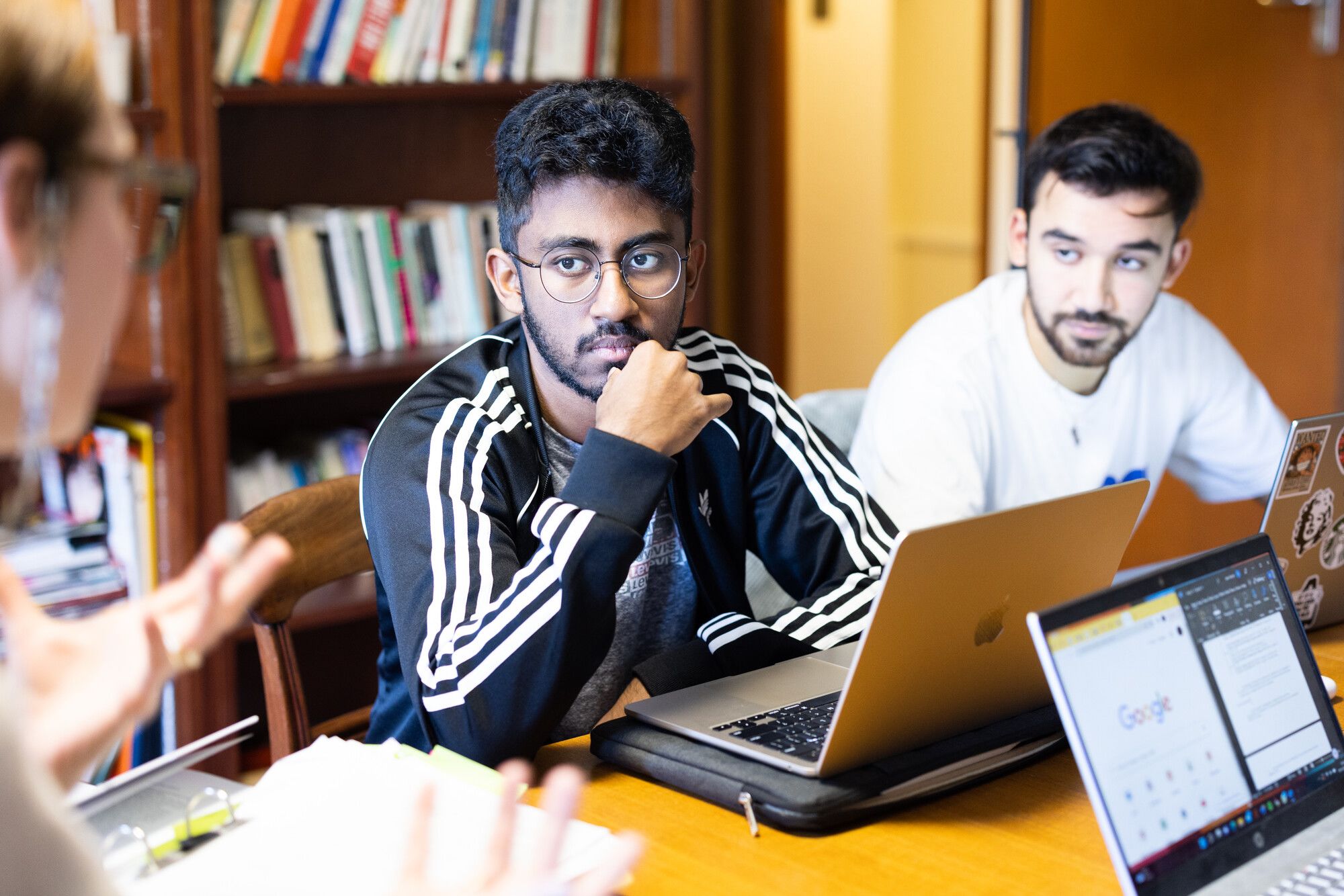
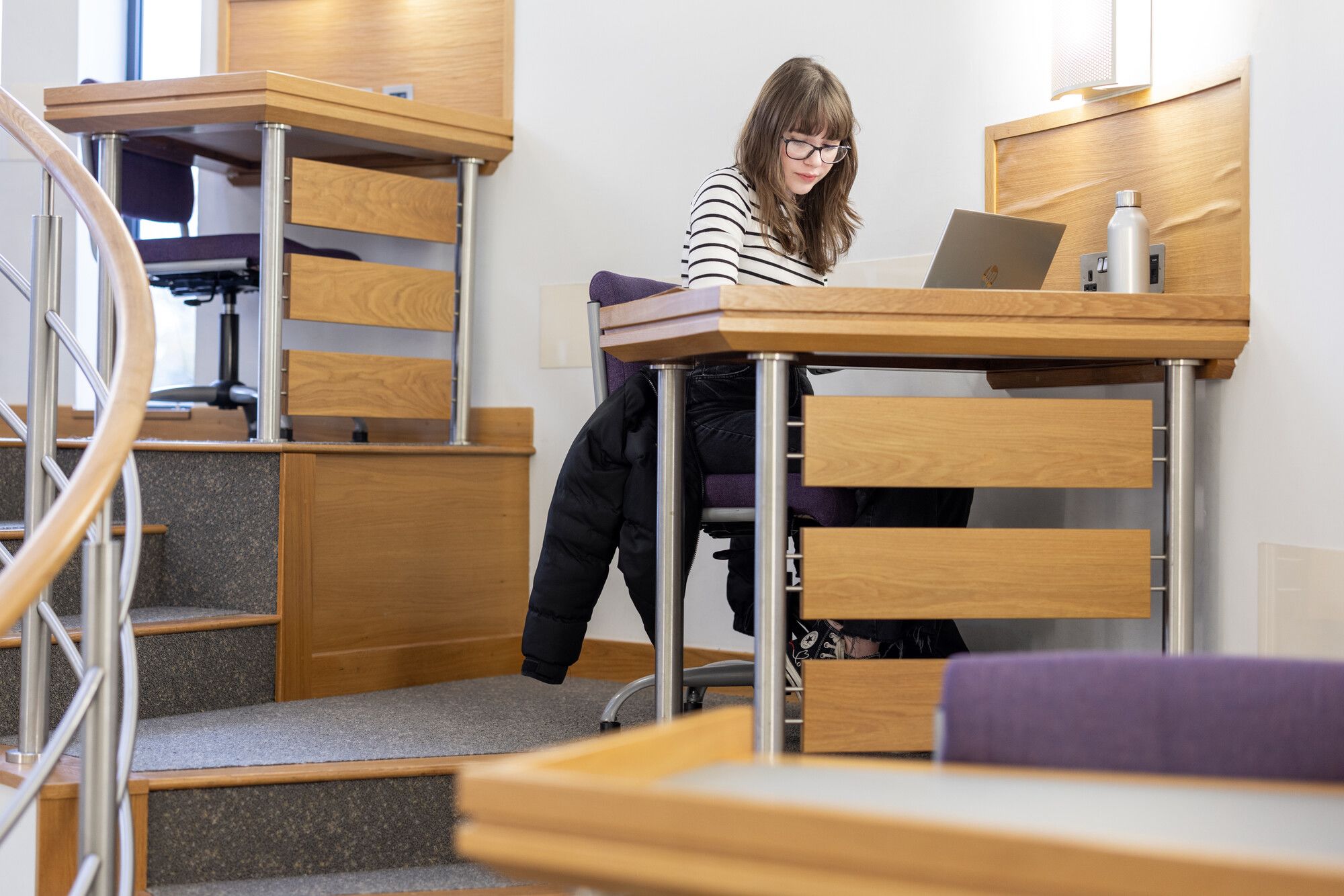
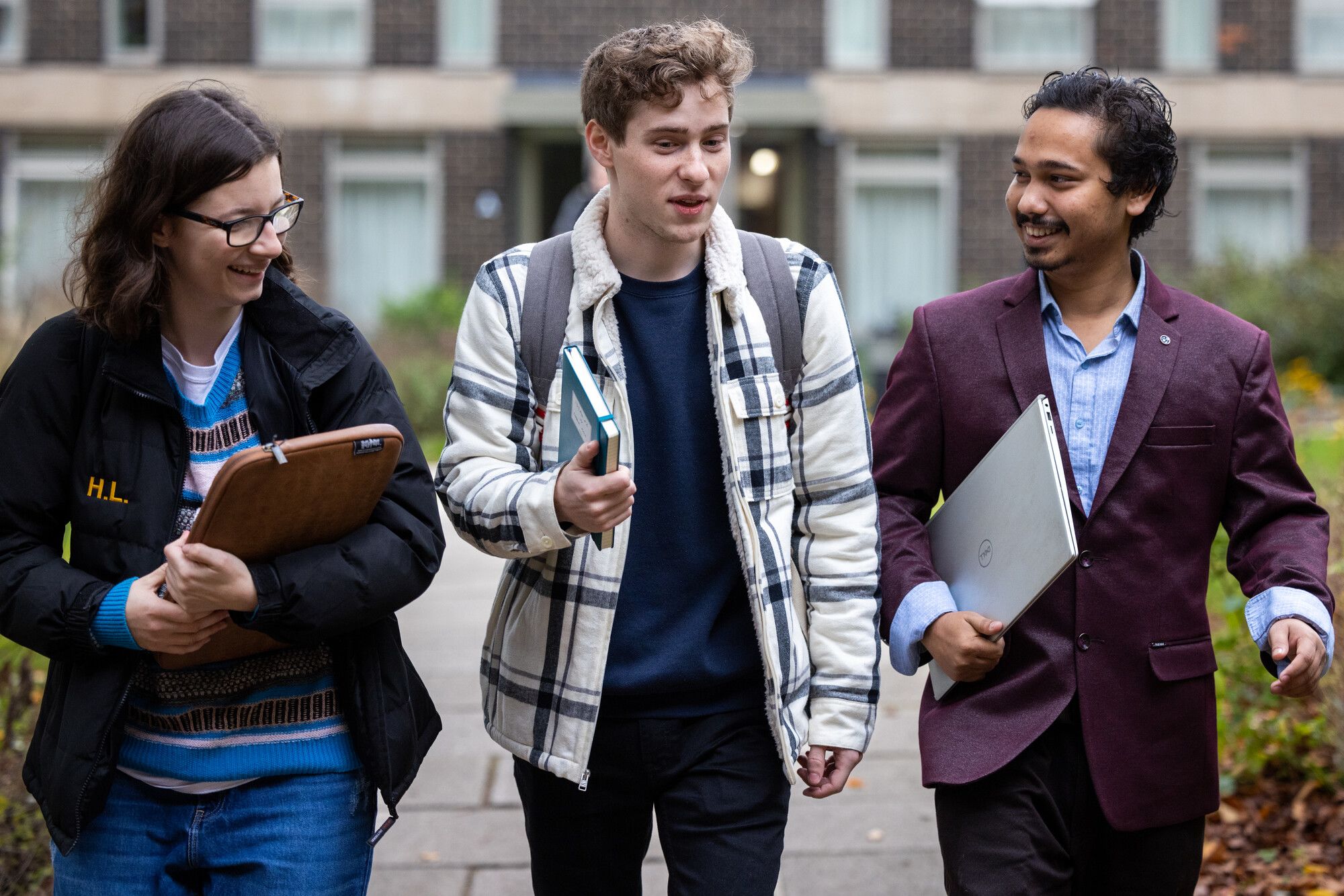
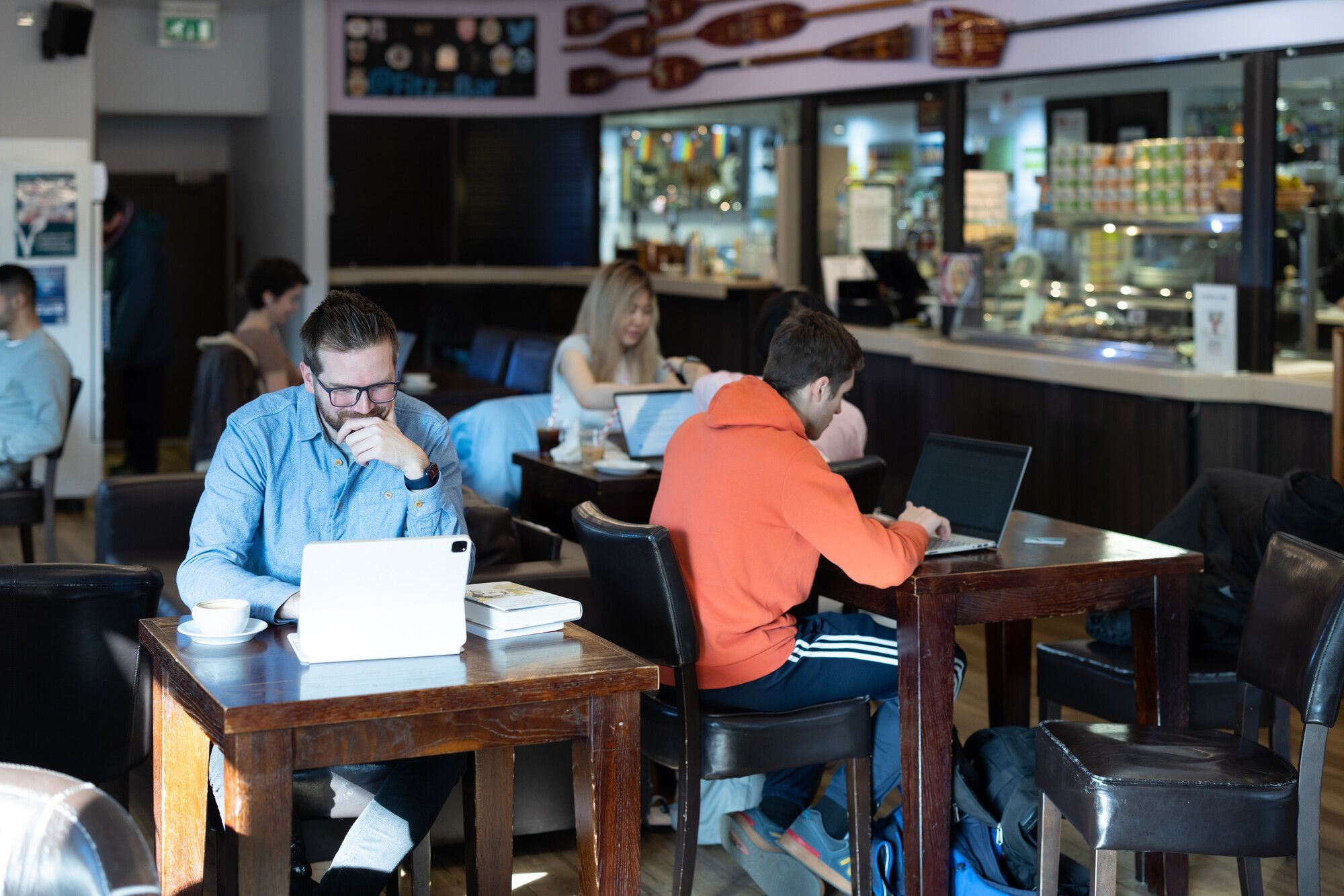
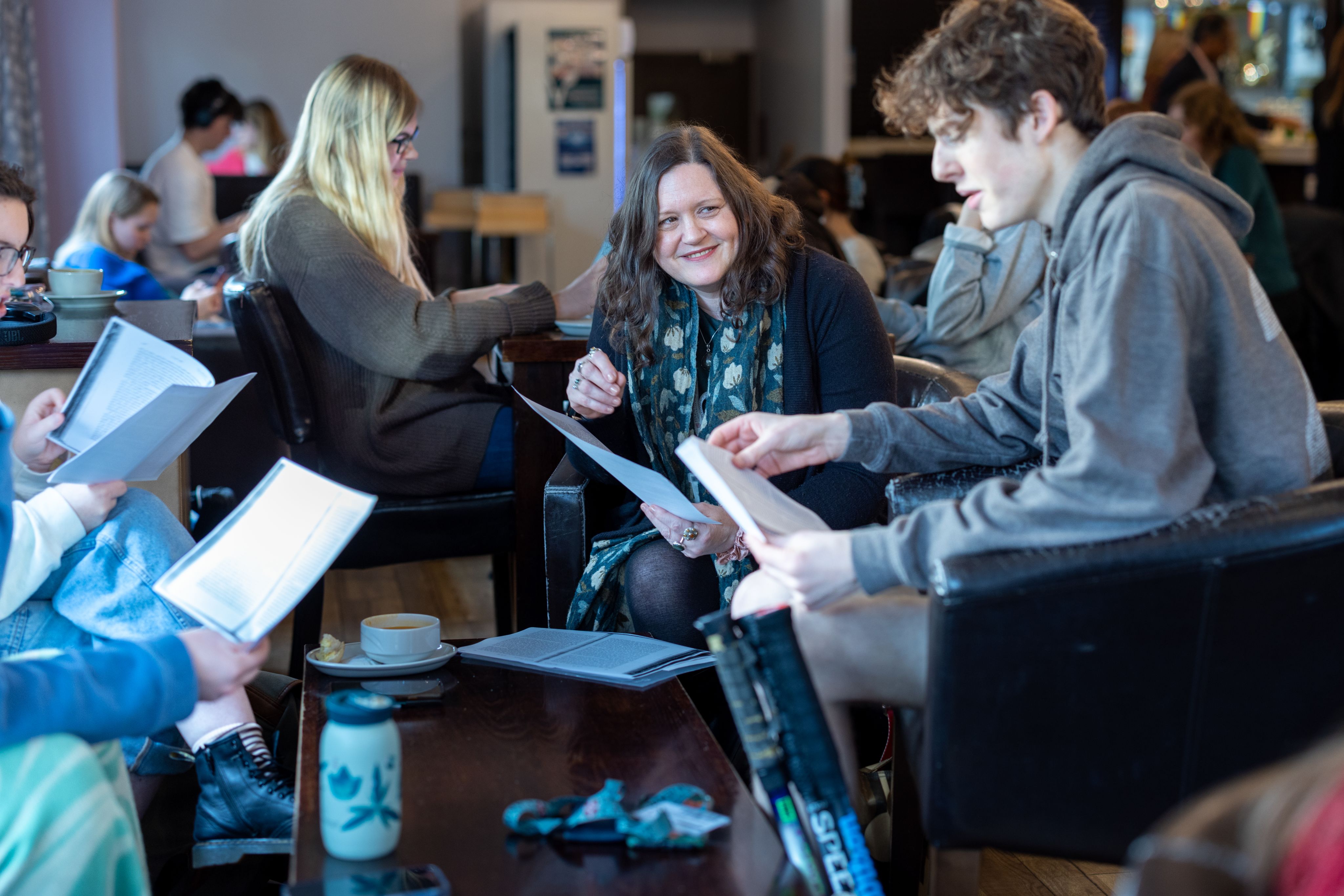
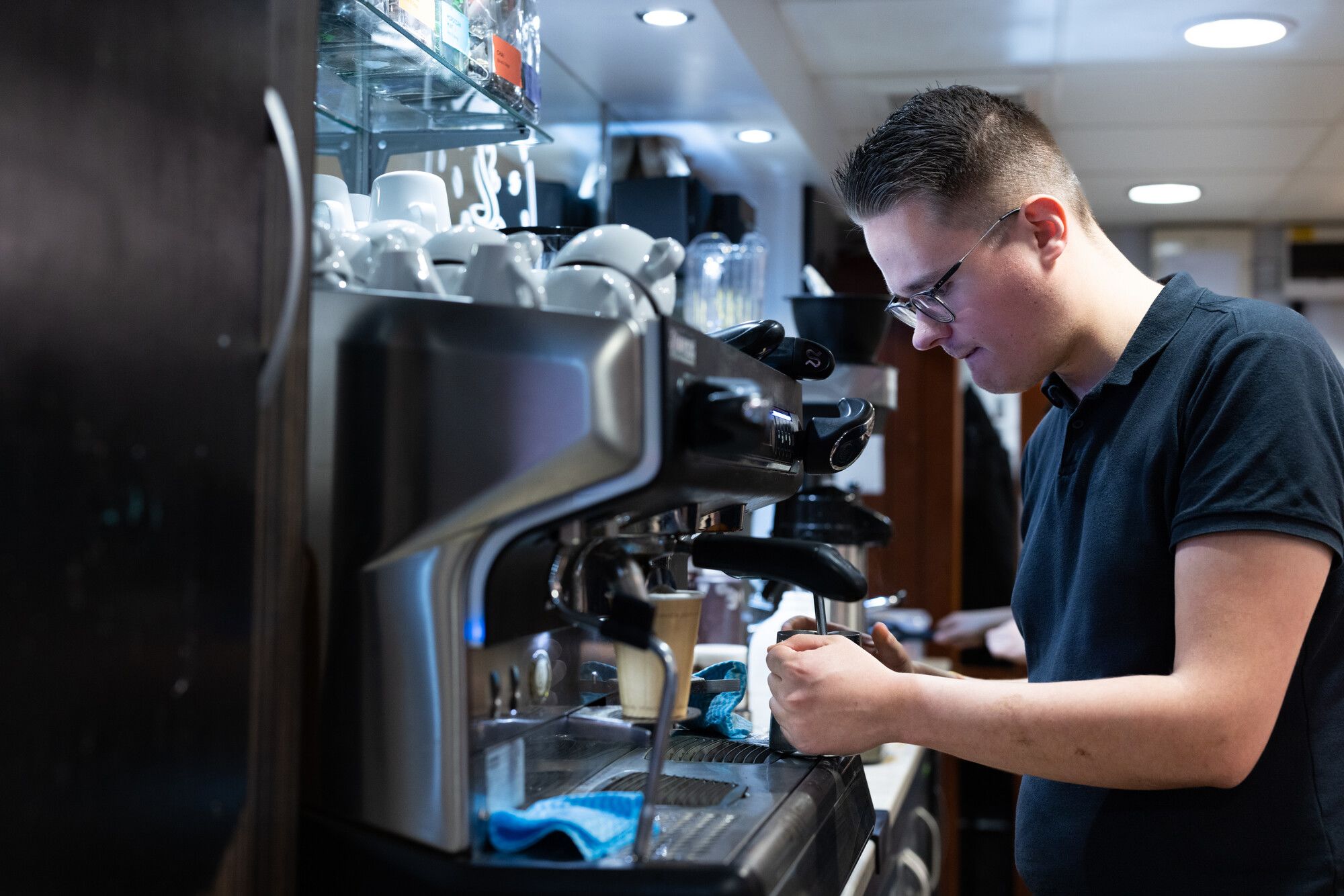
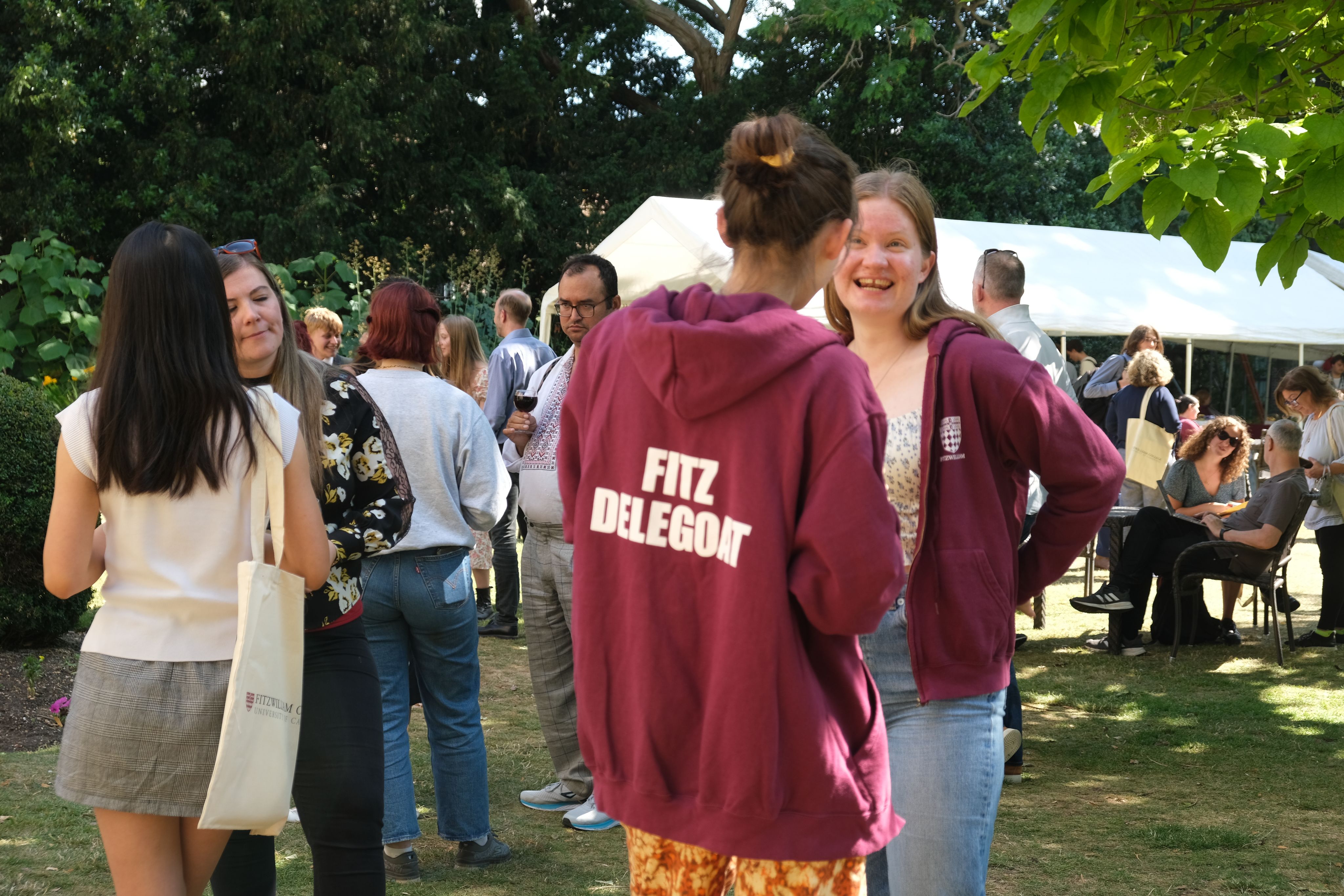
Concerned with our purpose
We recognise that the social purpose of a university extends beyond the world of academia. This means that we are concerned with the wider impacts of our work and the example we set as a community.
We know that prioritising sustainable choices – whether investment portfolio divestment, or food choices in the Buttery - raises conflicts and tensions, but we will not shy away from the debate. We are profoundly aware of our responsibility to manage our resources to ensure the College not just survives but thrives into the future and, in doing so, minimise the size of our footprint on the environment. We will take difficult decisions in an open, transparent and constructive way drawing on the skills and experience of members of our community.
We will extend our outreach work beyond an admissions function and play a more active role in terms of social mobility in the local area. We want to play a more visible and consistent role in the local communities of which we are a part, whether in sharing our resources, providing access to our spaces or applying our knowledge and skills to the good of others.
We recognise that supporting life-long learning, whether through lectures and workshops, or summer schools and conferences, is a priority for the post-pandemic recovery.
Our Areas of Work
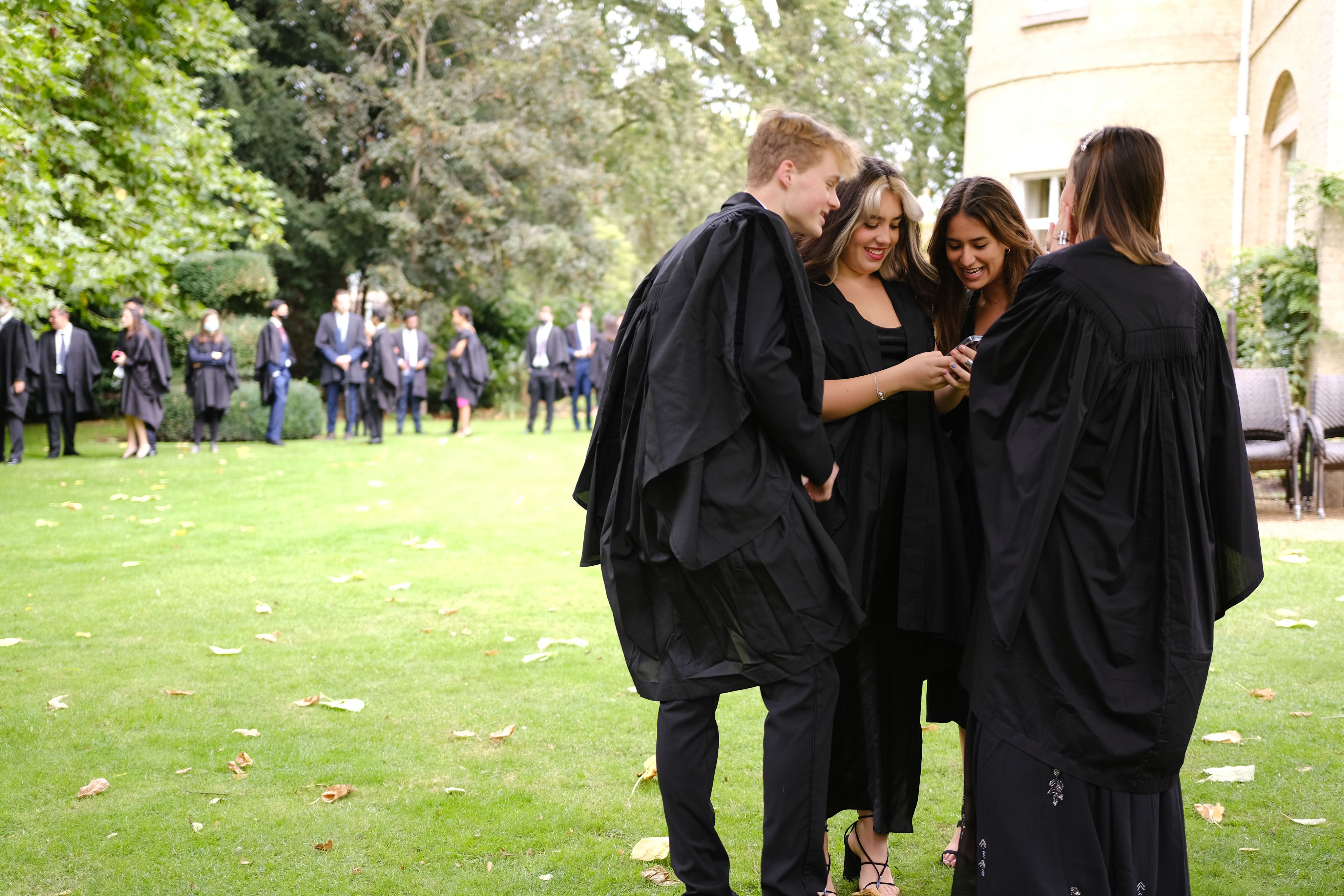
Identifying Potential
Fitzwilliam was founded in 1869 to support students from non-traditional backgrounds access the opportunity that a Cambridge education represents. Historically this commitment has been at the heart of our admissions policy. To fulfil this central mission today, we will evaluate and respond to today's barriers to a fulfilling Cambridge degree: this may mean going beyond the targets set by regulatory bodies. To be successful in our work, we aim to offer students outstanding support before and at the point of application, throughout their degree course (whether undergraduate or postgraduate), and onwards into the world of work.
A Cambridge degree is a rigorous academic training and students from all backgrounds have - with the appropriate support - the ability to thrive at Fitzwilliam. Self-identification of potential, and identification by teachers is key to early support for applicants, and our outreach work begins there with early mentoring and targeted events.
Key Contacts: Admissions Tutors
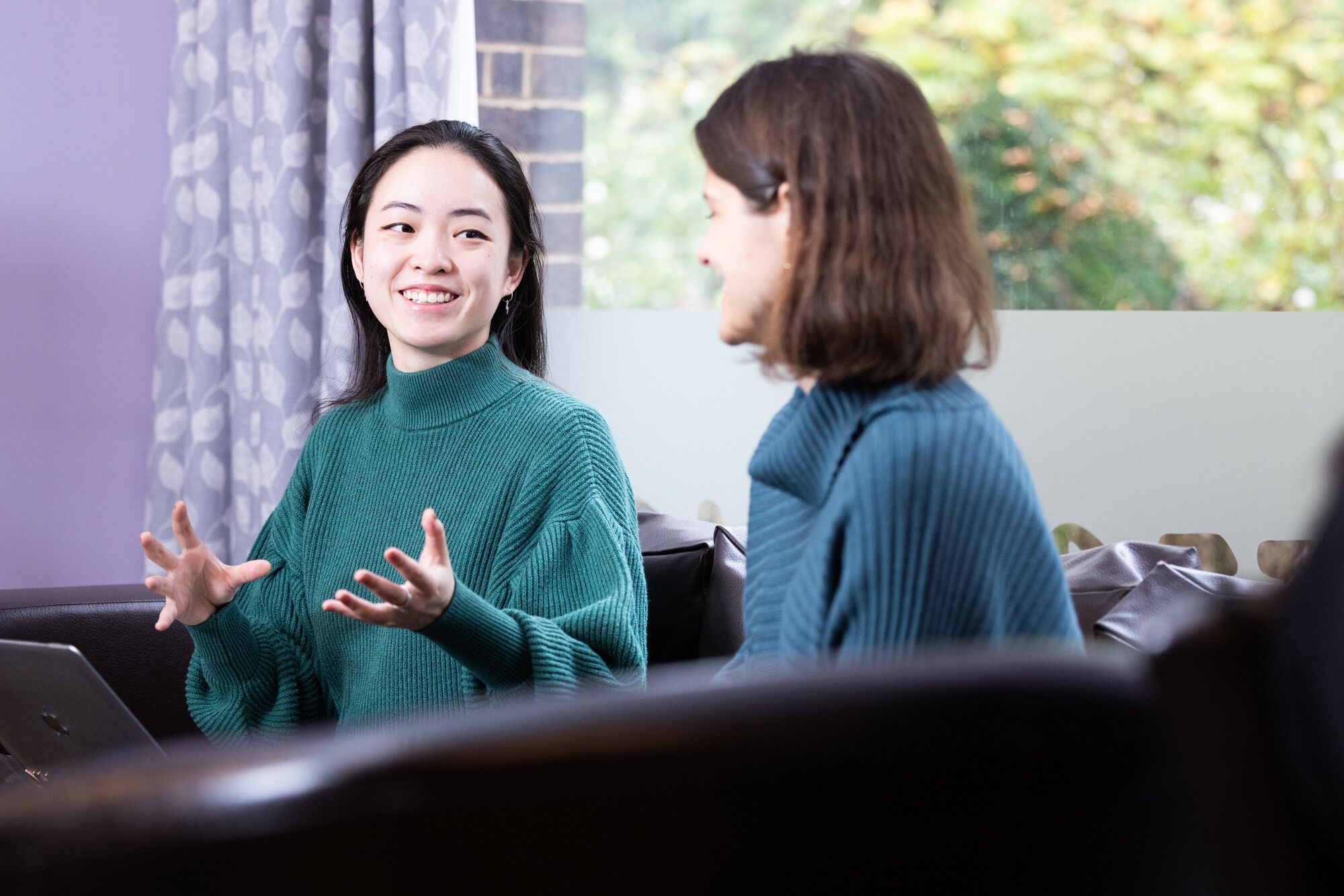
Modern Teaching & Learning
Core to Fitzwilliam’s academic activities is a desire to retain ‘the best of the old’, while enthusiastically embracing ‘the best of the new’. Technology has brought many opportunities, but also many challenges to healthy working, which will be considered as we plan for the future.
The whole community at Fitzwilliam benefits from a vibrant and inclusive academic atmosphere, with high calibre academics engaged in College life. Fitzwilliam has always been characterised by discussion, debate and creativity of ideas and full participation should form a positive, rewarding and sustainable part of an academic course or career. Workload challenges our capacity to make the most of this richness, and we will explore new ways (and old) to engage all members of the College in academic exchange.
Key Contacts: Senior Tutor and Graduate Tutor
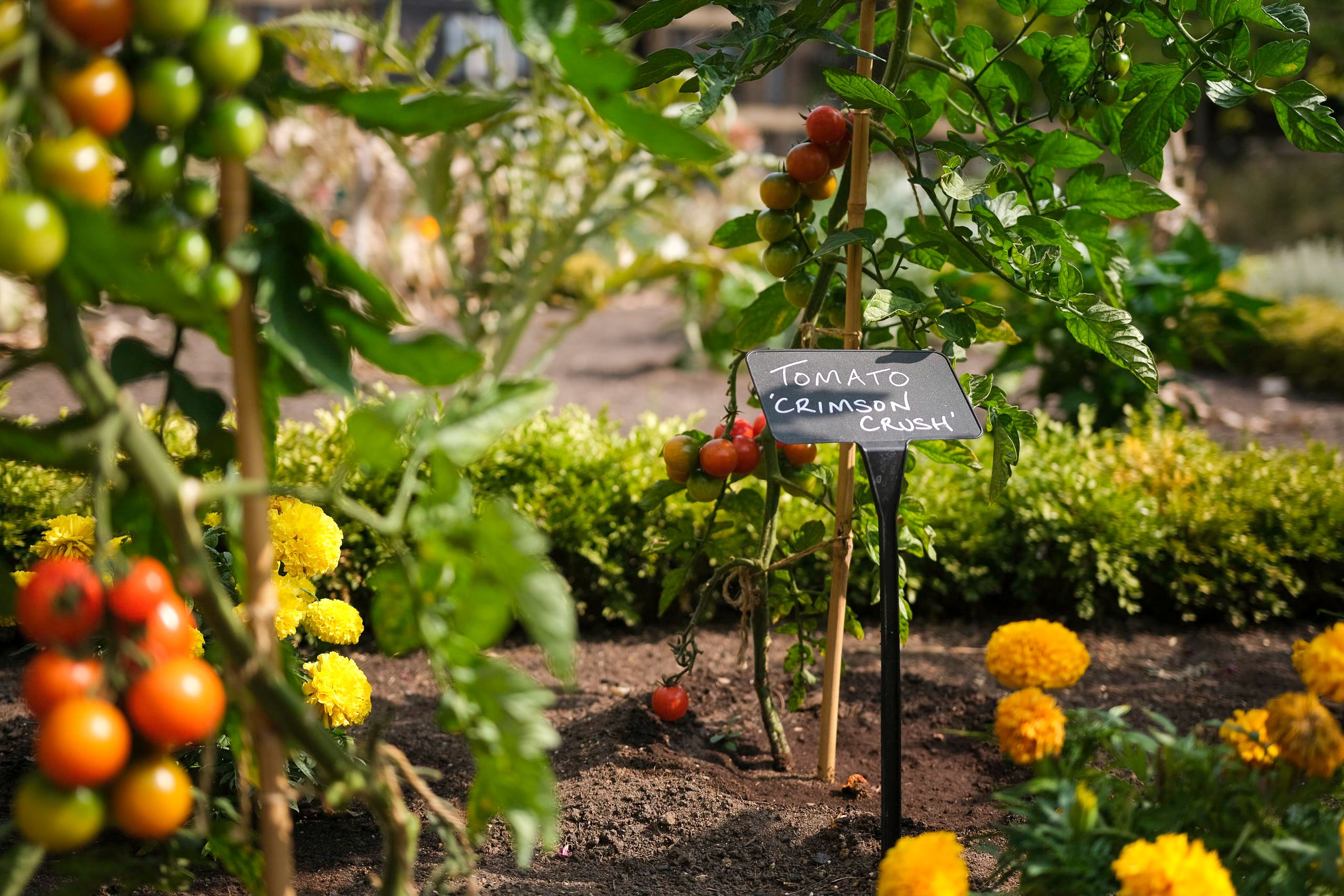
Community, Wellbeing & Inclusion
Everyone has the right to be respected, to feel safe in the College and to be supported in their work. All deserve the space to be themselves and the opportunity to grow during their membership of the College. Through our diversity, we learn.
We are proud of what we have achieved at Fitzwilliam, and value that we are viewed as a supportive and open community. But with this identity also comes a burden of responsibility: to be bravely self-critical, to create space for concerns to be raised, to continually develop our understanding and support. Actions speak louder than words, and key to this section is a desire to move beyond widely-held good intentions to further tangible improvements where they are needed.
Key Contacts: Master and Senior Tutor
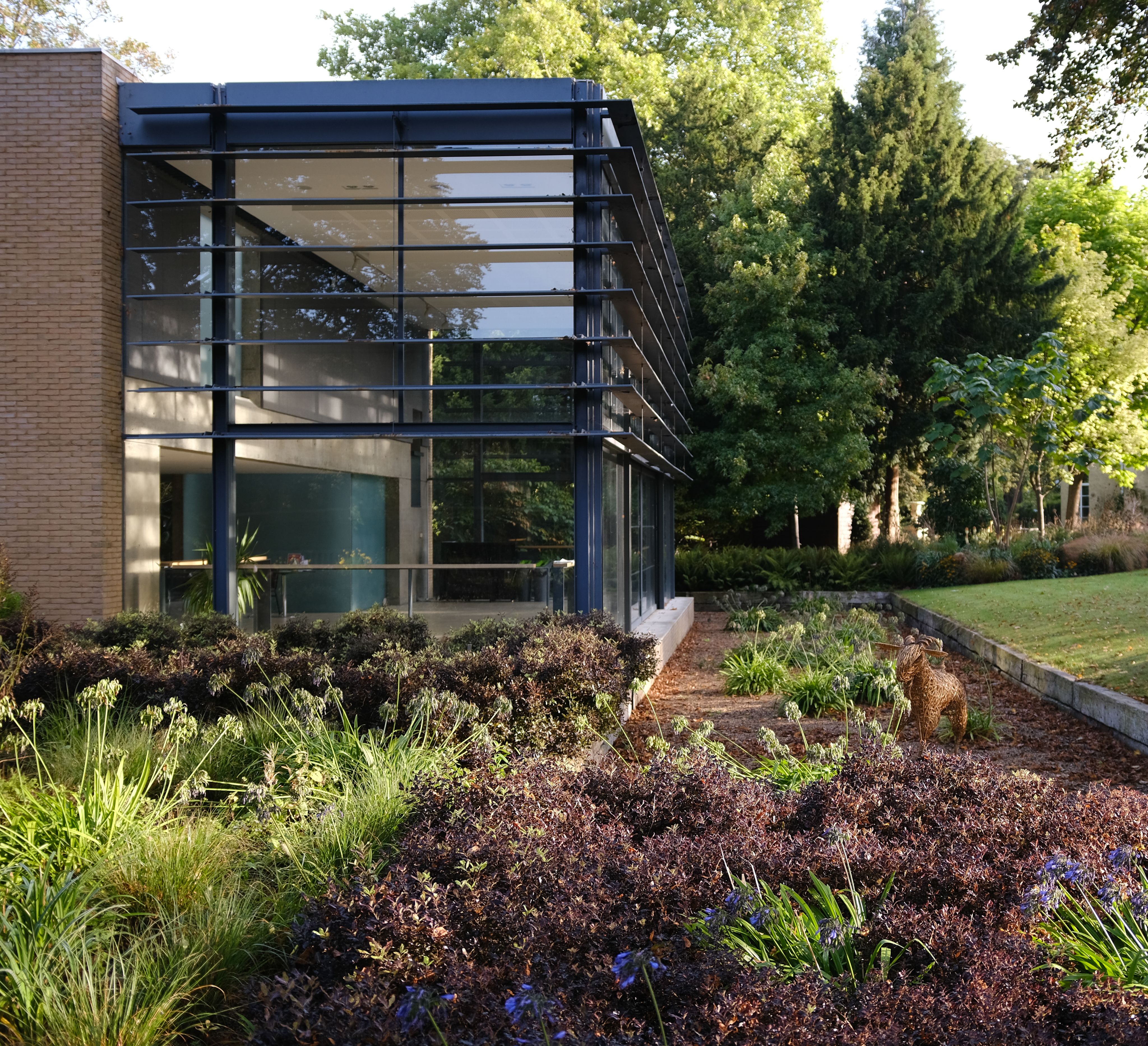
Our Environment
At Fitzwilliam we balance the needs of our community today with those of future generations. This is not easy, but we work collectively to understand the impact of our own actions (as individuals and as a community) and to make choices that both support our activities now and protect our future.
Fitzwilliam invests directly in its future in a number of ways: through the day-to-day behaviour of members, to developing the fabric of the College, and through investment. In everything the College does it commits to placing environmental at the heart of any agenda.
Key Contact: Bursar
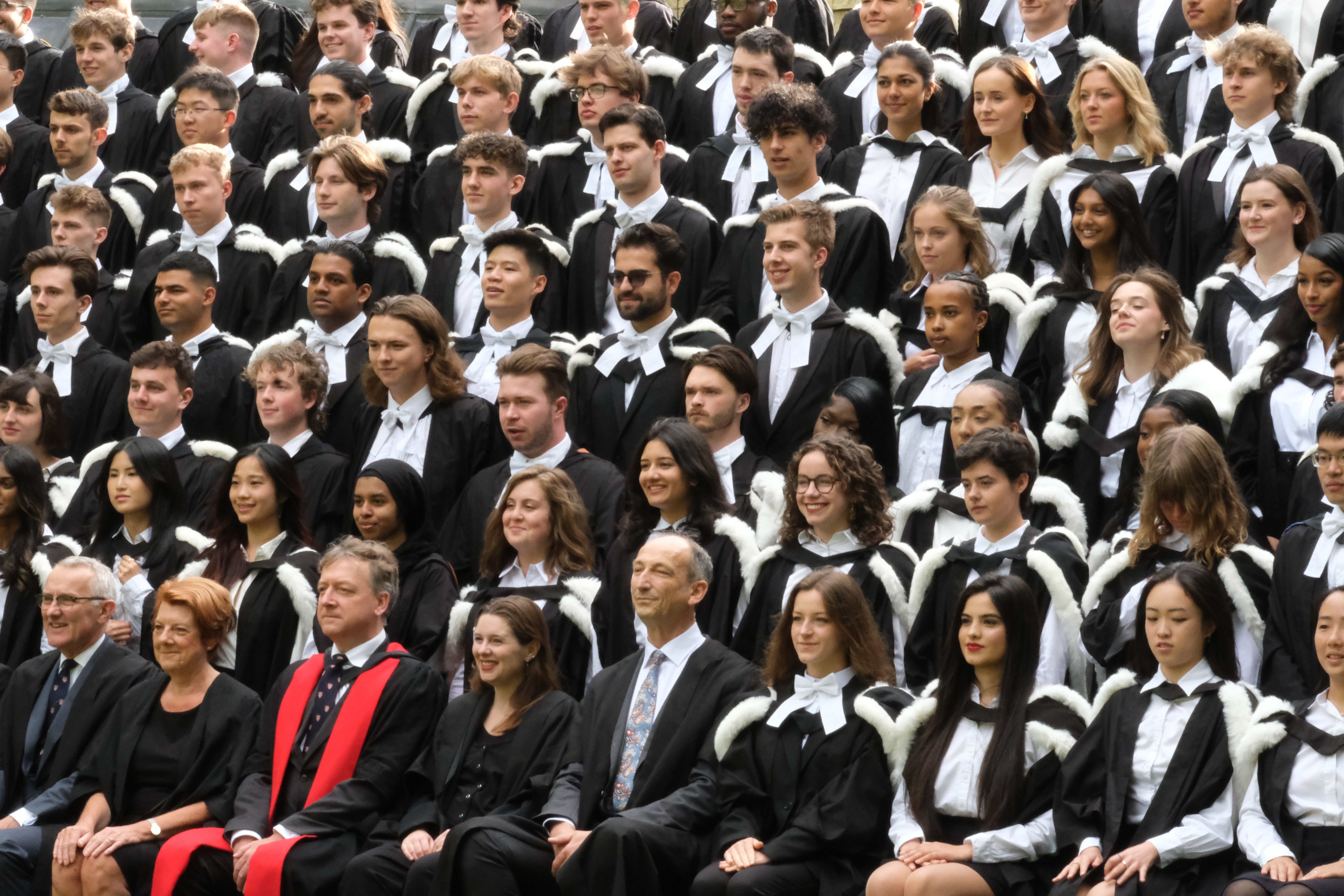
Governance and Growth
Fitzwilliam today is the product of 150 years of evolution: some changes to our governance and processes have been intentional (such as our transition to being a College), whereas some have been less planned (such as the rapid move in 2020 to an online world). As we plan our recovery from the impact of the pandemic, we will align decisions with our values: of community, of academic excellence, and responsibility to those who will come after us.
Key Contacts: Master and Bursar
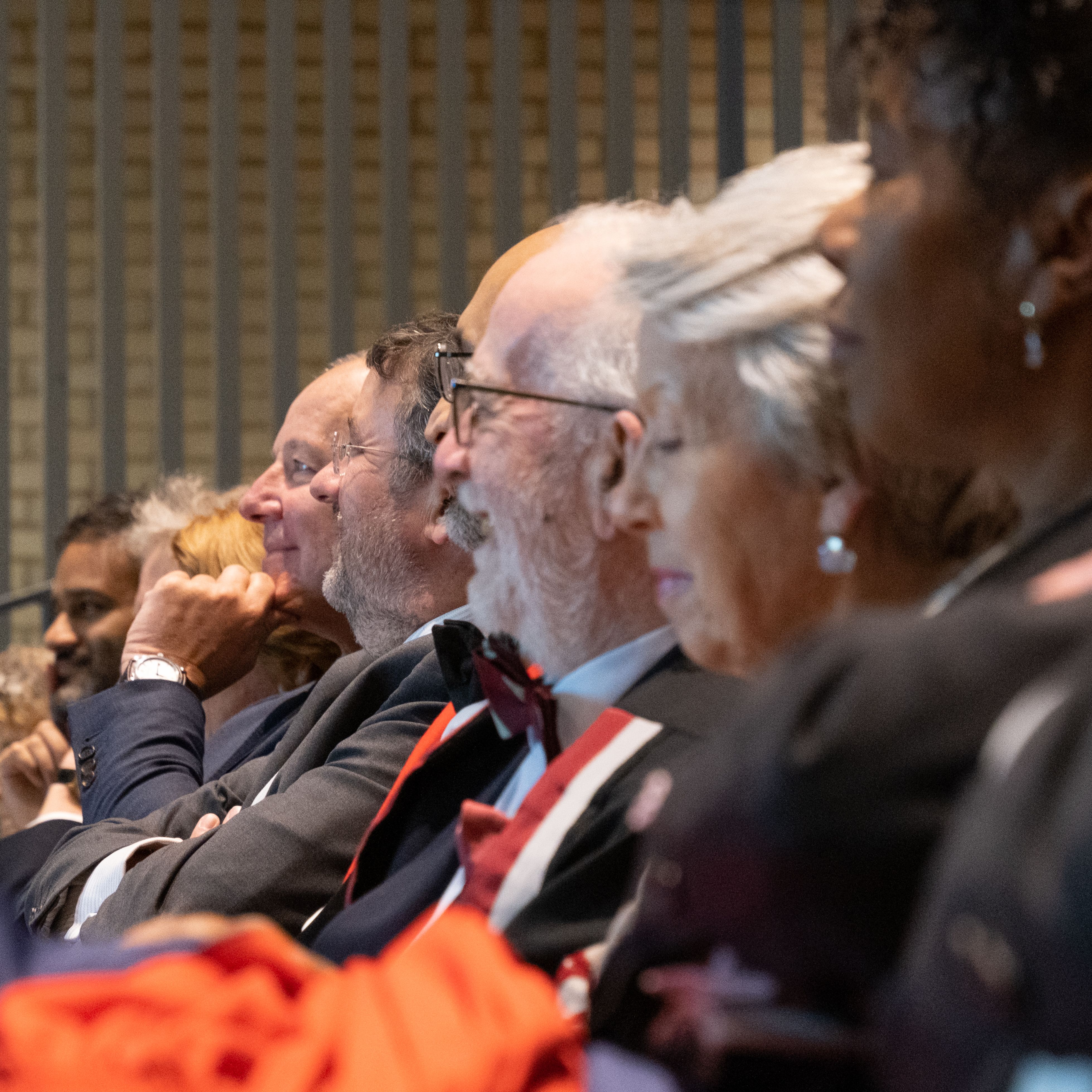
Engagement & Networks
At Fitzwilliam, we are proud of our strong community spirit and dedicate time and resources to create opportunities for collaborations, whether academic or extra-curricular. We encourage all members to be socially-engaged, both in the life of the College (through governance and activism for shared causes) and in our wider communities.
Key Contact: Director of Communications & Engagement
